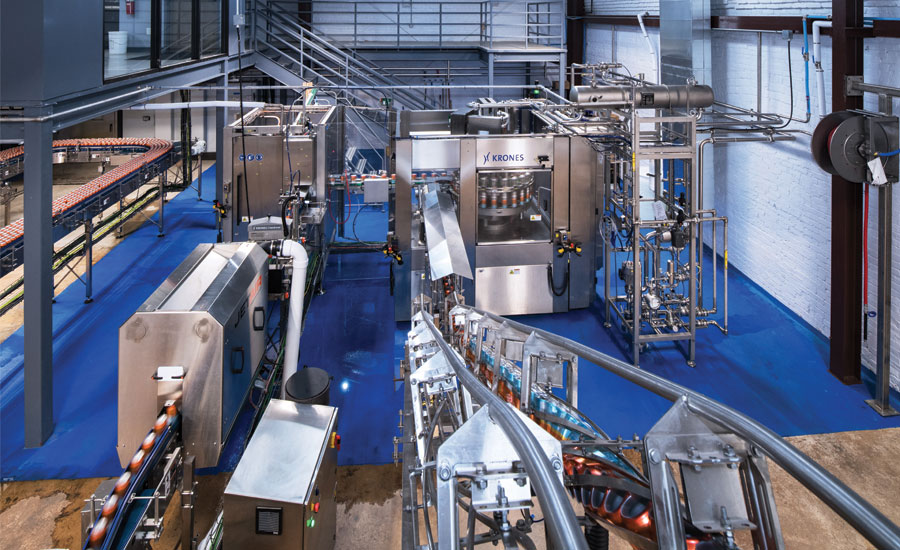The Role of Can Packaging Machines in Minimizing Product Contamination
Can packaging machines play a pivotal role in minimizing product contamination across various industries, particularly in food and beverage sectors where hygiene and safety are paramount. These machines are designed with advanced technologies that ensure the integrity and cleanliness of the packaging process, thereby safeguarding the quality and safety of the products being packaged. One of the primary ways can packaging machines contribute to minimizing product contamination is through their sterile and controlled environment. Modern canning machines are equipped with features such as sterilization systems, which cleanse cans before filling, effectively eliminating potential contaminants. This process significantly reduces the risk of microbial growth and ensures that the final product meets stringent safety standards. Moreover, can packaging machines are engineered to handle products with care, minimizing physical contamination. Automated systems regulate the filling process to precise measurements, preventing spillage and reducing the chances of foreign particles entering the cans.

This precision not only enhances product quality but also maintains consistency in packaging, meeting consumer expectations for both safety and presentation. Furthermore, the materials used in can packaging machines are often chosen for their durability and inert properties, which contribute to maintaining product purity. Stainless steel, for instance, is a common material due to its resistance to corrosion and ease of cleaning, essential for maintaining hygiene standards in food processing environments. These can sealer machines are designed to be easy to sanitize, minimizing the accumulation of residues that could potentially contaminate products during packaging. In addition to maintaining cleanliness during the packaging process, can packaging machines also play a crucial role in preserving product freshness and shelf life. Vacuum sealing and gas flushing techniques are commonly integrated into these machines to create a controlled atmosphere within the cans. By removing oxygen and replacing it with inert gases such as nitrogen, these techniques inhibit microbial growth and oxidation, thereby extending the shelf life of perishable products. The automation capabilities of modern can packaging machines further enhance their role in minimizing contamination risks.
Automated processes reduce human intervention, which can be a significant source of contamination in manual packaging operations and check here www.levapack.com. By minimizing human contact with the product and packaging materials, these machines mitigate the risk of introducing contaminants such as bacteria or allergens, ensuring that products remain safe for consumption. Additionally, can packaging machines are equipped with advanced monitoring and quality control systems. Sensors and cameras inspect cans throughout the packaging process, detecting any abnormalities or defects that could compromise product safety. This real-time monitoring allows for immediate corrective actions, such as halting the production line or diverting contaminated cans, ensuring that only products meeting quality standards reach the market. Overall, can packaging machines serve as critical assets in minimizing product contamination across industries by integrating advanced technologies and stringent hygiene practices into the packaging process. From sterilization systems that eliminate microbial threats to automated controls that reduce human error, these machines uphold the integrity and safety of packaged products.